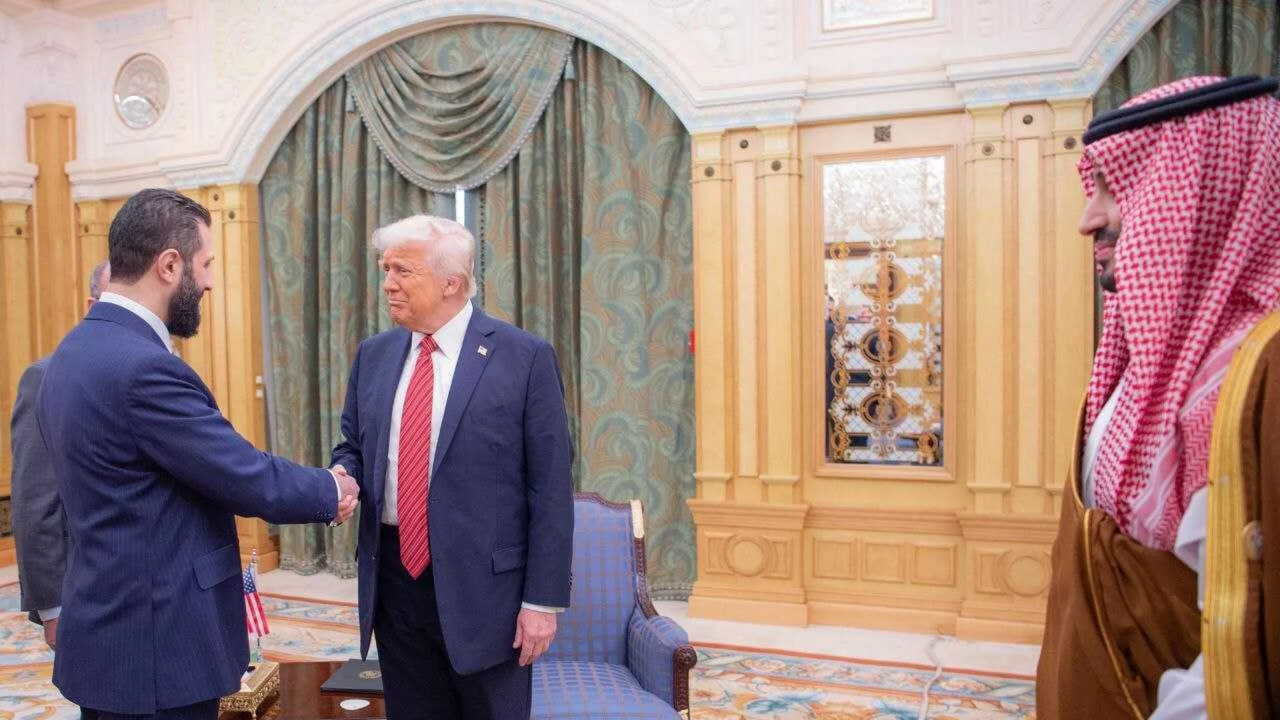
Similar Posts
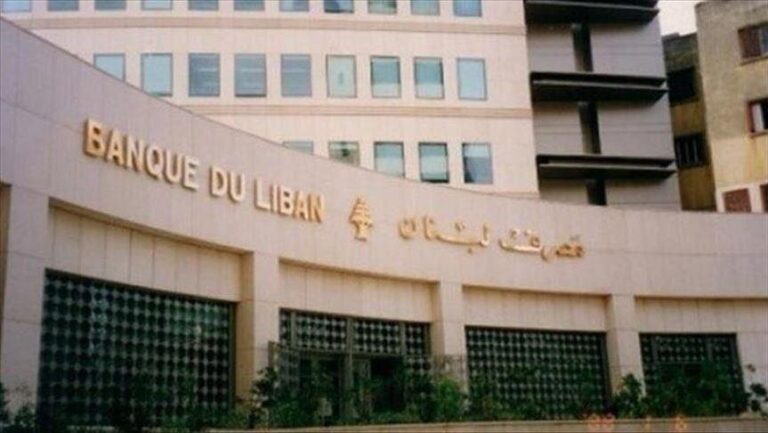
Unpacking Washington’s Strategy: Why is the U.S. Targeting Lebanon’s Cash Economy?
As the May 2026 parliamentary elections approach, the U.S. is intensifying efforts against Hezbollah and the Amal Movement through punitive measures aimed at weakening their financial support. This strategy seeks to diminish Hezbollah’s military capabilities and disrupt reconstruction efforts in Lebanon post-U.S.-backed Israeli assaults. Key actions include stricter air and port inspections, targeting Shiite workers, and enhanced scrutiny of financial transactions. Additionally, measures against cryptocurrency purchases are being implemented. The aim is to pressure Hezbollah’s support base to reconsider their allegiance, thereby shaping Lebanon’s political landscape ahead of the elections and altering its future dynamics.
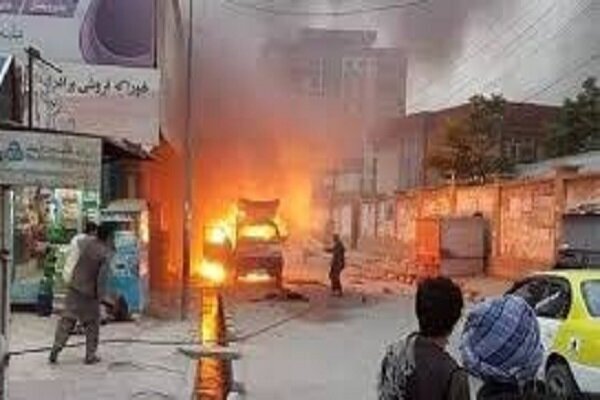
Deadly Blast Strikes Mosque in Pakistan, Wounds Political Leader in Shocking Attack
A devastating blast in a mosque in northwestern Pakistan on Friday injured several individuals, including Abdullah Nadeem, a leader of the Jamiat Ulema Islam-Fazl party, and two children. The explosion, believed to target Nadeem, has heightened safety concerns in the region, reflecting ongoing violence and political unrest. Local authorities are under pressure to investigate the attack, with calls for increased security measures. The incident has sent shockwaves through the community, emphasizing the vulnerability of political figures and children. As the investigation progresses, the need for unity and resilience in the face of violence is being highlighted.
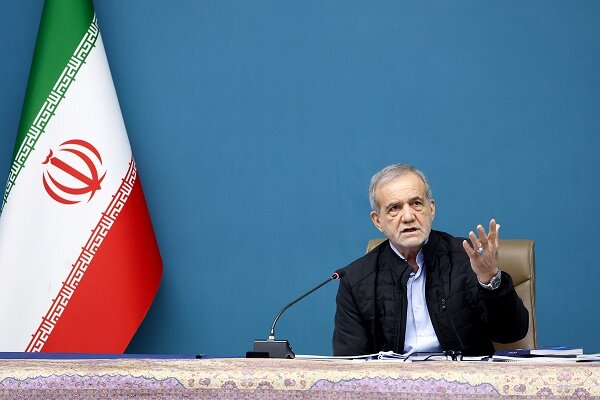
Pezeshkian Counters Trump’s Oil Export Threats: A Bold Stand for Energy Independence
During a recent cabinet meeting, President Masoud Pezeshkian emphasized the importance of energy exports for Iran’s economy, asserting the nation’s resilience against U.S. sanctions aimed at limiting oil exports. He stated that Iran possesses exceptional resources and is capable of managing them effectively to address challenges. Pezeshkian criticized the U.S. for underestimating Iran’s economic stability, noting the country has multiple avenues for growth beyond oil. Amid ongoing tensions following the U.S. withdrawal from the 2015 nuclear deal, Iran remains open to negotiations to lift sanctions in exchange for curbing its uranium enrichment activities, reflecting a commitment to diplomatic resolutions.
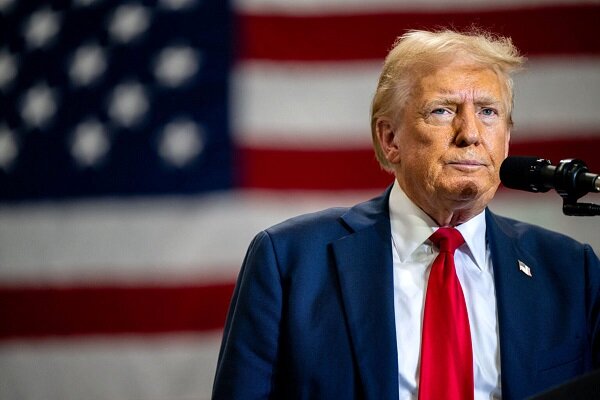
Trump’s Ongoing Threats: Tensions Rise with Iran and Yemeni Ansarallah
Former President Donald Trump recently stated on Truth Social that Iran should be held accountable for any attacks by Yemeni forces, igniting discussions about regional security. His comments coincide with large demonstrations in Yemen, where millions rallied in support of their government against perceived Western aggression. The situation in Yemen remains dire, with ongoing conflict and a humanitarian crisis exacerbated by U.S. military actions that have reportedly killed numerous civilians. Trump’s remarks raise critical questions about future diplomatic relations and conflict resolution in the Middle East, as the region’s intricate alliances continue to evolve amidst escalating tensions.
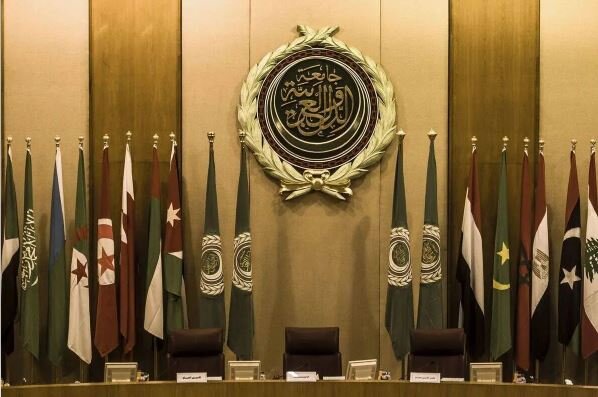
Unlocking New Security: How the Arab World Can Seize the Moment to Counter ‘Greater Israel’
The geopolitical landscape is shifting, with the U.S. retreating from its stabilizing role in the Middle East, as highlighted by President Trump’s “America First” strategy. This has left Arab nations facing significant security challenges, particularly regarding Israel’s territorial expansion. Recent developments indicate a need for a collective security framework among Arab states to counter Israel’s ambitions, as reliance on American military power becomes untenable. Historical diplomatic efforts have failed to curb Israeli aggression, necessitating a strategic reevaluation among Arab leaders to prioritize their own citizens’ security over foreign alliances. The future stability of the region depends on this unified approach.
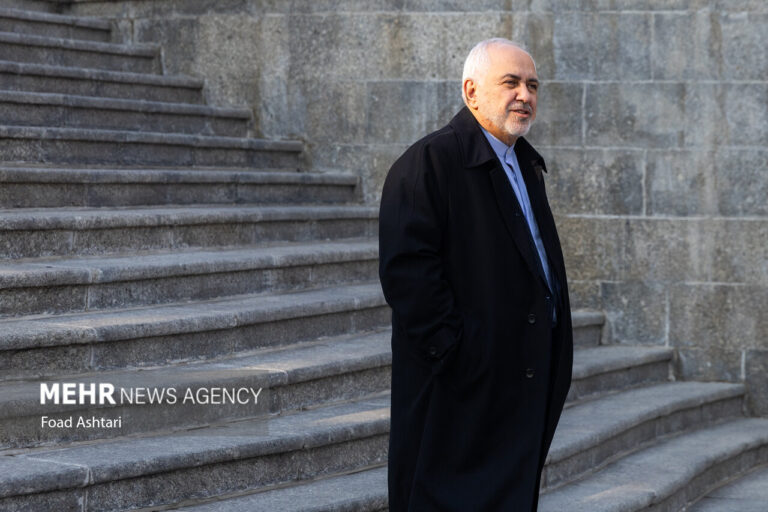
Iran’s Zarif: Lifting Sanctions, Not US Negotiations, is Key to Solving National Issues
Iranian officials, including Foreign Minister Mohammad Javad Zarif, have recently expressed skepticism about potential cooperation with the US, emphasizing the need to eliminate barriers to Iran’s progress. Ayatollah Seyyed Ali Khamenei reiterated Iran’s prohibition on nuclear weapons, aligning with Zarif’s commitment to non-proliferation. Zarif criticized US sanctions and Financial Action Task Force (FATF) regulations, stating they hinder Iran’s international relations. He highlighted ongoing efforts to combat money laundering. Additionally, Zarif announced a trip to Iraq for a seminar, reflecting Iran’s diplomatic engagement despite external challenges. The situation underscores the complexities in Iran’s international relations and commitment to non-proliferation.